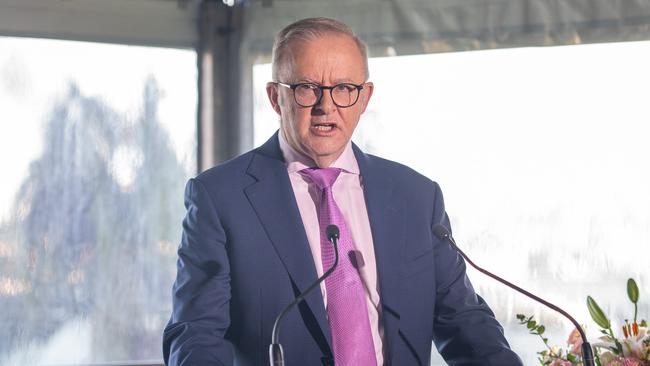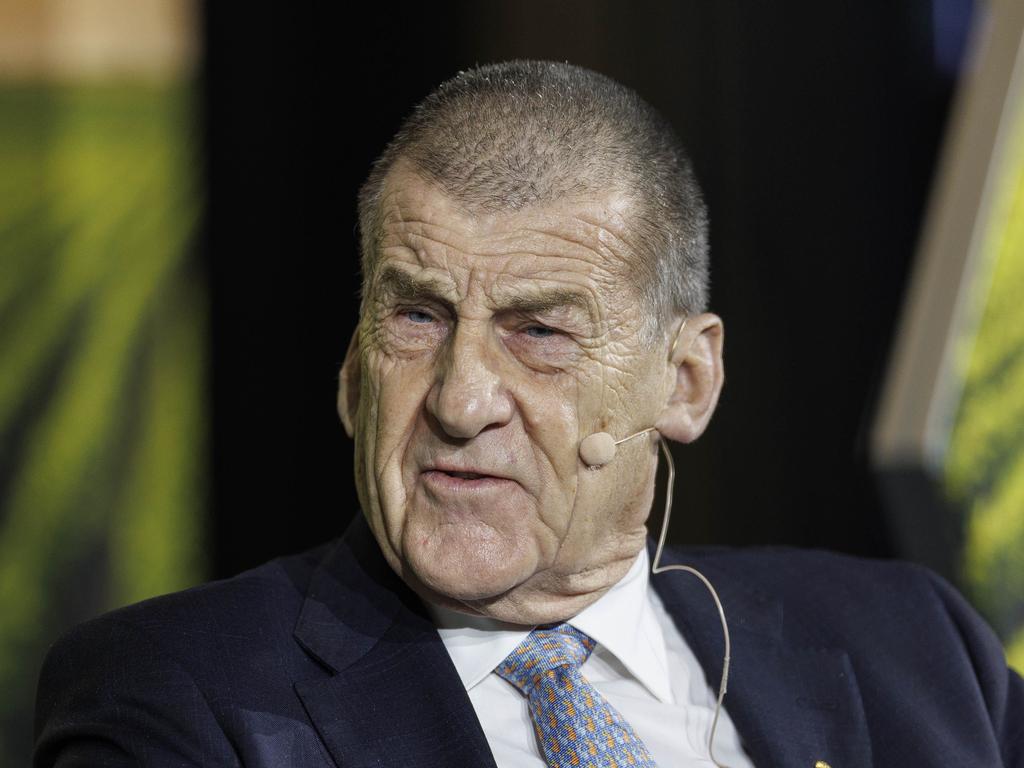Productivity debate essential, but unlikely to feature during 2025 election campaign


It is irrationally ignored by voters and disputed by economists and has become politically impossible to resolve at a bipartisan level.
The issue is productivity.
Economist Chris Richardson calls it the Seinfeld election – where nobody really knows what the episode is about.
Yet productivity is so essential to the broader economic debate.
It is the issue that receives little other than a rhetorical recognition from both sides but is the fundamental problem that will deny or deliver households the promise of future wealth, from either side of politics.
The problem is productivity, as a political expression in the 2020s, is about as meaningful as biodiversity was to the 1990s.
Everyone understood it was important but few could distinguish it from a soap powder. In 2016, Malcolm Turnbull tried to enliven it in a robotic form that led voters only to fear for their jobs.
For economists, as late in the game it may be, it has now become everything. And technology again becomes essential to the debate – in this world, it is AI.
But that doesn’t solve the problem alone as a more universal issue.
Even the central bank has identified productivity as the lag effect on beating inflation.
From an economists’ point of view, living standards are not going to lift, in the absence of China growth, without an improvement in the way Australians do things, make things, and pay for things.
And this is essentially what the future of Australia is about. But this is not what the next election is about. Short- termism still dominates.
This is why the Coalition’s analysis of the Treasury trajectory of living standards is significant.
The reality economists confirm and the government can’t dispute is that the collapse in living standards over the past three years won’t be recovered for many years to come. The point being there is no bounce back from this disaster. This decline has a longer tail than any period before it. The boast of avoiding recession has little meaning in this context.
As Richardson says, this is a “slow grind” back to where we were in 2021. And to be fair, the decline began in the final year of the Morrison government. It has simply accelerated under the Albanese government.
“It’s a grind, there is no magic wand. We are now starting to turn in the right direction but it will be slow, and the pace will disappointing,” Mr Richardson says. “We get our living standards back when we get our courage back.”
The courage Richardson refers to is the bipartisanship of a bygone era when both sides of politics agreed on problems of national significance that required political agreement that transcended bipartisan stupidity.
The complication that has befuddled such a consonance is the independent movement and the overt radicalisation of the Greens. While this impasse remains, there appears little hope that the reforms required to improve productivity have a chance of being achieved.
So the essential question of this election becomes one of whether we become poorer as a nation, economically, socially and, of course, spiritually.




There is a defining issue that will determine whether Australians’ standard of living rises or falls over the next decade but it is one unlikely to feature prominently if at all during the election campaign.